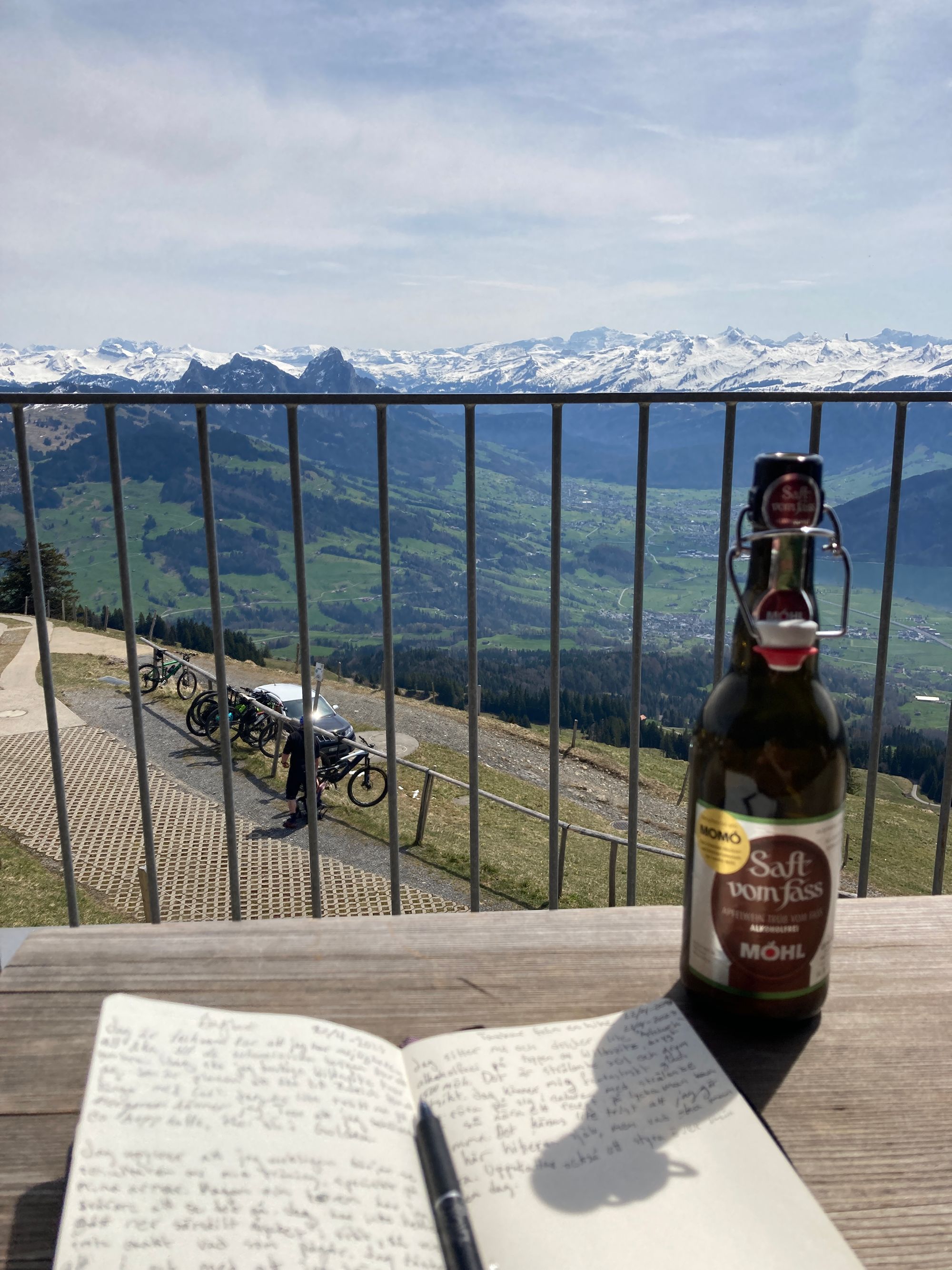The Good Shit Sticks - A Useful Attitude to Capturing Information

Today we get flooded with information all the time. It might be scrolling social media, listening to podcasts, or reading a book. Content is thrown at us all the time and a lot of it is interesting, but information overload can be overwhelming. This blog is a testament to the fact that I consume a lot of content in the form of books and podcasts that I share with you all. Add to that the news and social media bombarding you with impressions and you have a recipe for information overload. This week I will write about a framework I use to both alleviate the stress around this and capture the important things.
What?
The good shit sticks - A concept I first heard about from Tim Ferriss who had been taught about it by the legendary interviewer Cal Fussman. When consuming content the good stuff tends to stick. You might tell someone about it, write it down, or dive down into a rabbit hole on the topic. Whatever it is we usually tend to find a way to recall the important things. This is simple but powerful I feel. You are no longer "responsible" for remembering everything instead the great things will stick out.
A prerequisite to successfully capture those great insights is however that you are present and aware in the moment. If you are like me you might be listening to a podcast while doing something else, cleaning, or commuting. How much attention are you actually giving the podcast then? Nothing good will stick if you are not able to comprehend it at the time you hear/see it.
Why?
In a world that is overflowing with information and content trying to catch your attention, you can sometimes feel overwhelmed. I love listening to podcasts and reading newsletters, newspapers, and books. It would be crazy to think I would recall everything I consume. Even though this is true I find myself feeling anxious about letting information flow in one ear and out the other.
For me, this was a powerful attitude shift as it relieved me of some responsibility to remember everything. Instead, if the content was good enough it should stick. Additionally, it helped highlight the fact that not everything is important. If you highlight everything in a book, you are essentially highlighting nothing. This was an important lesson in prioritizing only the most important ideas! These ideas will however be different depending on who is consuming the content. We all receive information through a lens of our own and what sticks is different for everyone, which is what makes life interesting.
How?
Even though I find the framework effective I believe it is important to institute a habit for how you will preserve the information. The amount of information that sticks out can sometimes be too much to remember on its own. Therefore I find it important to have a method of capturing these insights. Below I will share how I capture these insights for myself, but I also think it is incredibly valuable to discuss with others. It can challenge your thinking and lead to further insights so I always recommend bringing up things you find interesting with others to discuss!
I have experimented with a few different methods to capture these insights. If I am on the move writing down a note in Evernote on my phone is usually the best and similarly if I am at the computer I will add it in Evernote there. If I am reading a physical copy of something like a book I instead tend to underline or comment in the margin of the book. I then go back through the book and add insights to Readwise, an application that uses a spaced repetition system to remind you of these insights. Finally I tend to write down the insight when journaling to try and investigate my thoughts on the topic.
When I journal on the topic I will consider whether this is an insight I can implement in my life or if it is something worth writing about. I dive deeper on what it is that makes it interesting to me. Having these thoughts captured in a journal allows me to go back and review my thinking. It is a bit like having a conversation with yourself in a way.
Conclusion
This is how I try to capture more valuable information while also giving myself permission to not remember everything. The truth is that the human memory unfortunately tends to forget a majority of things. Accepting this can be a weight lifted from your shoulders and enable you to focus more on learning.
Do you have any good tricks for remembering what you learn? I would love to hear about it so please let me know. I am always looking for ways to improve my learning.
3 Quick Things
- I have created a /now page here: https://www.oskareggert.com/now/. A /now page aims to answer what I am currently doing in my life and is inspired by Derek Sivers' /now page. If you are curious check it out.
- AcquiredFM, my favorite podcast just released an interview with Jen-Hsun Huang CEO of Nvidia. I would recommend starting with part 1 of their Nvidia episodes, however. An excellent insight into Nvidia and why they are dominating the current AI market for GPUs.
- A friendly warning, it is highly addictive and in total about 10 hours of content in total, but incredibly interesting.
- Globalization has made the world bigger than ever, but it is also more connected than ever before. Take advantage of this. Today you can get in touch with almost anyone online if you are respectful and have something of value to share. This week I interacted with the host of a podcast I listen to regularly on Twitter and had an email conversation with someone whose writing I have admired for years. Don't be afraid to reach out, the world is both large and small at the same time!
